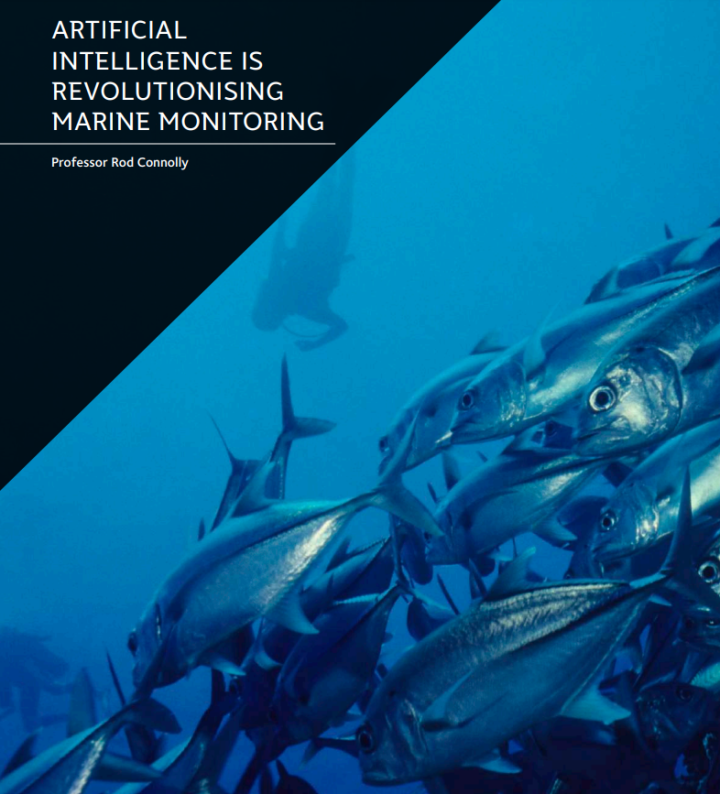
"What an exciting time to be a marine scientist! Artificial intelligence (AI) is revolutionising the way we monitor coastal seas."
Stories of science from the Australian Rivers Institute

Australian Rivers Institute Director Professor Stuart Bunn. Photo Australian Rivers Institute. Author: Australian Rivers Institute Director Stuart Bun Magazine Link: Magazine - Read Time: 711words, about 6 minutes. After an unavoidable delay, I welcome you to this edition of the Australian Rivers Institute Magazine. Looking back over the past year, it is quite remarkable to [...]

“With fisheries for example, seagrasses provide nursery habitat for juvenile fish and foraging grounds for about 25% of the world’s biggest fisheries. "We identified associations between pressures and measured changes in seagrass extent and found that seagrasses are especially under threat from poor water quality and destructive fisheries like trawling."

"Seagrasses are flowering plants that live submerged in salty water and perform vital ecosystem services that help us and the food-webs that rely on them. For example, seagrasses capture and store more atmospheric carbon (per unit area) than many terrestrial plants, they act as nursery areas for important fishery species, and provide coastal protection against things like erosion and storm surges," Dr Ryan Pearson.

By Andria Ostrowski Read Time: 504 words, about 3 minutes. Vegetated coastal wetlands including saltmarshes, mangrove forests and seagrass meadows store large amounts of carbon, protect shorelines from storms and erosion, support enormous biodiversity and improve water quality by filtering nutrients, contaminants and sediments. Despite their ecological and economic importance, increasing human settlement and development [...]

By PhD candidate Ellen Ditria, Reading Time: 452 words, about 2 minutes. Fish IDing Sample. Photo: Global Wetlands Project. Deep learning has fast become recognised as a powerful data processing tool for ecologists faced with vast amounts of image-based data. The ability of deep learning to accurately detect target species in videos and images unlocks [...]